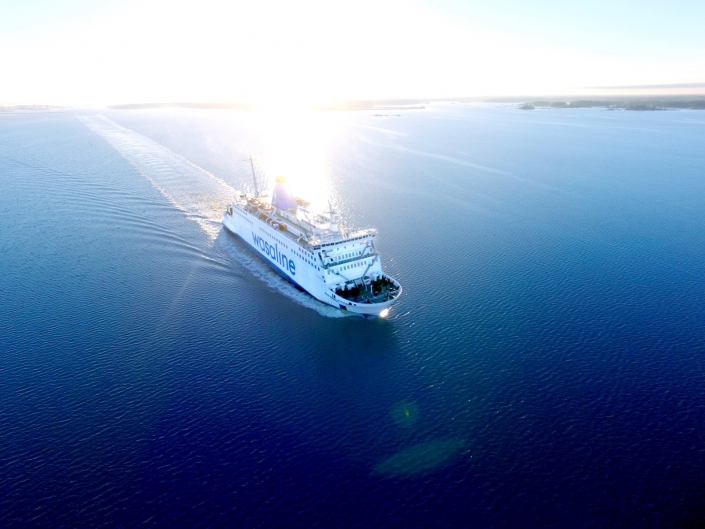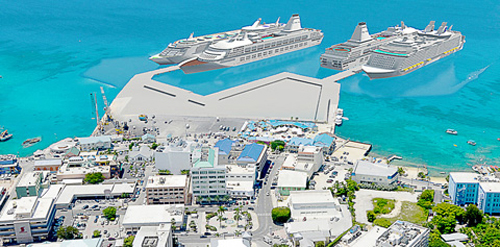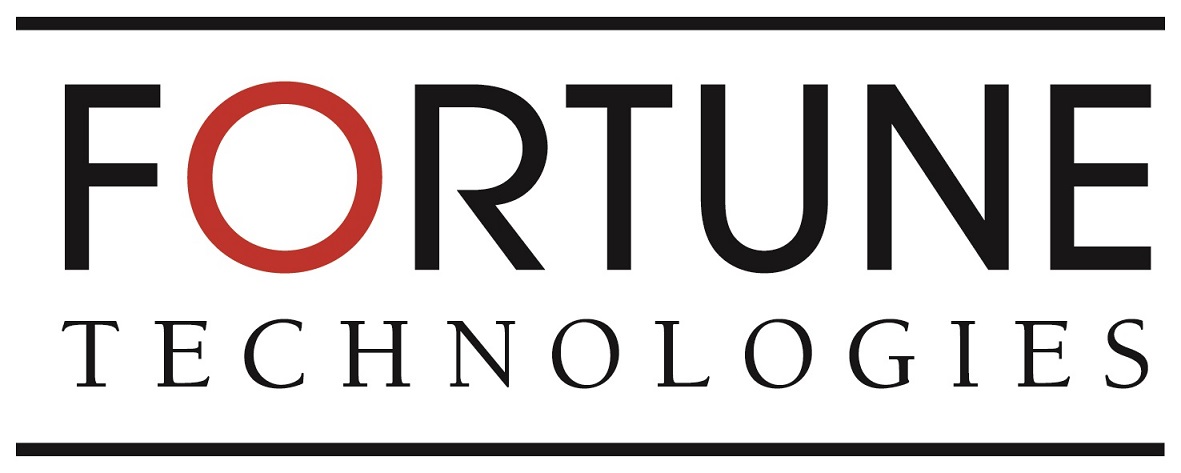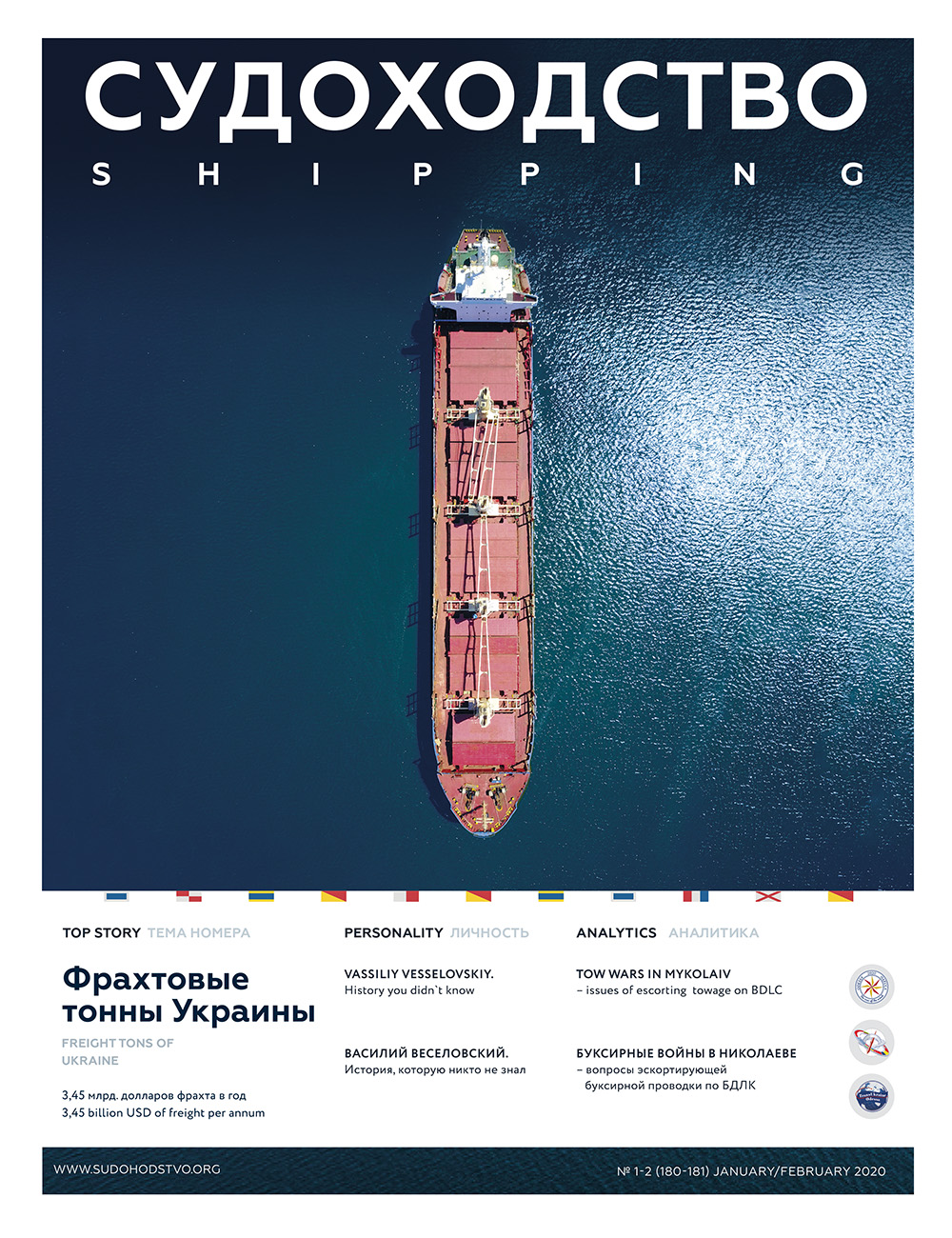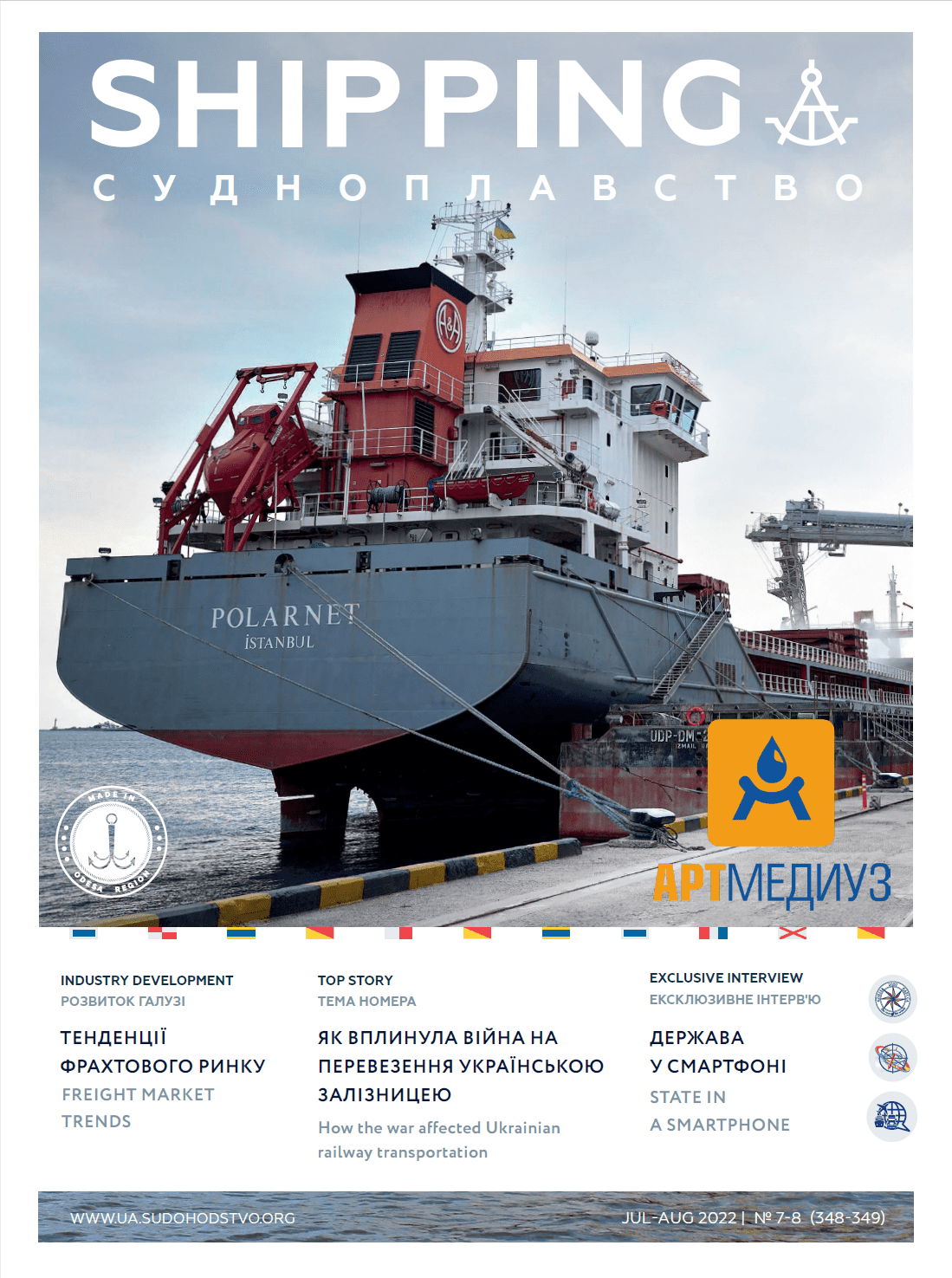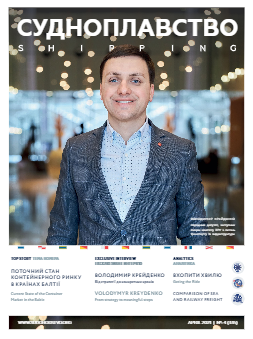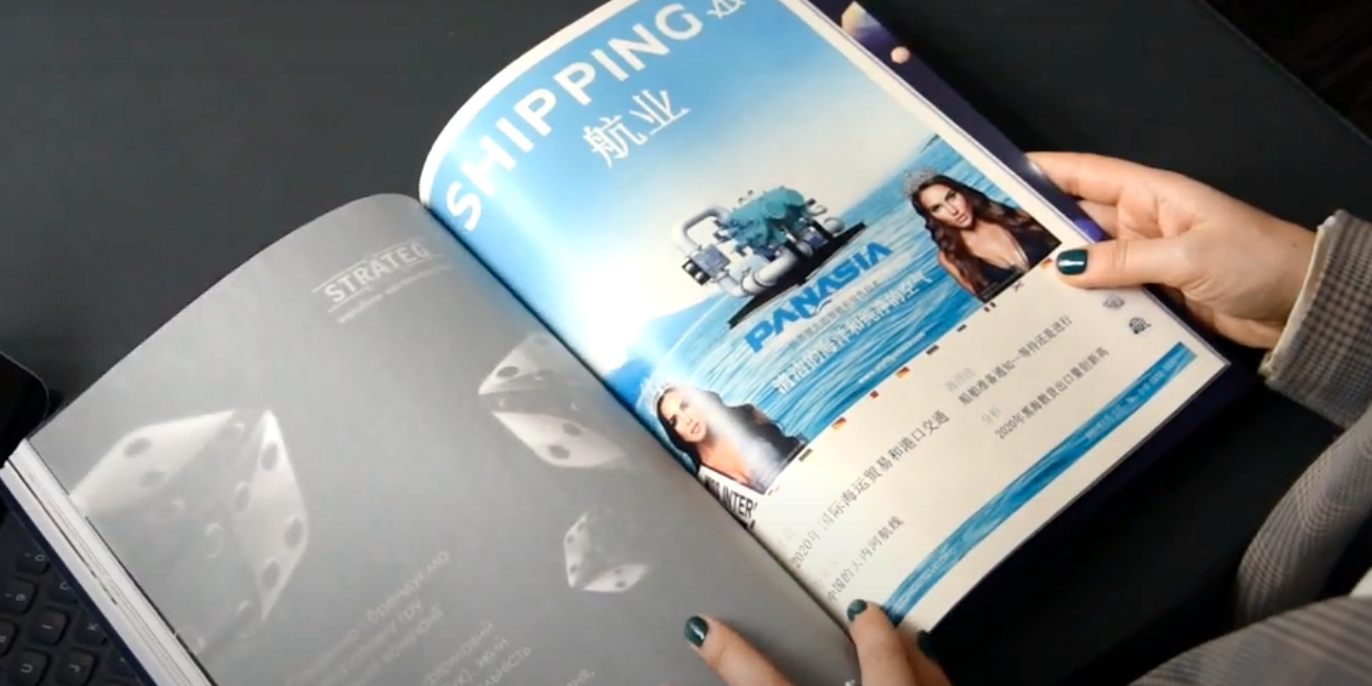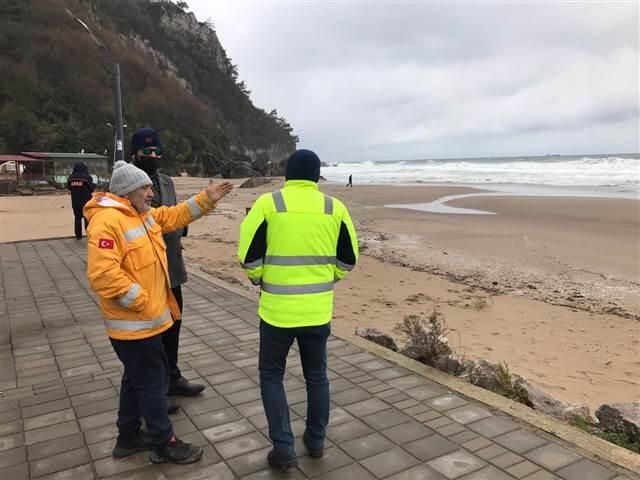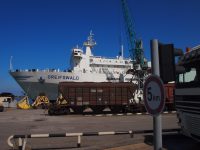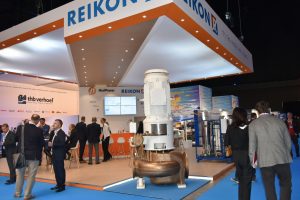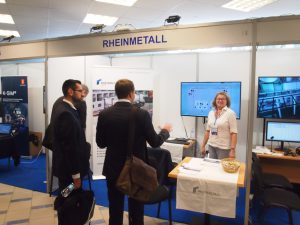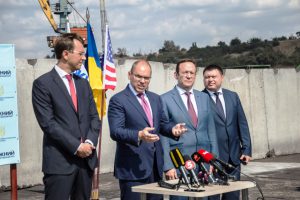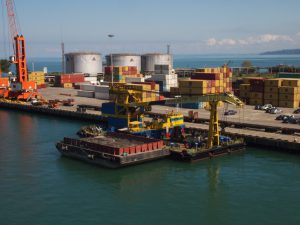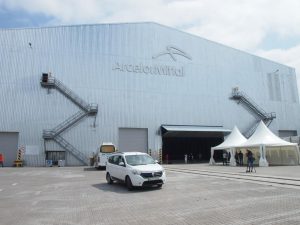
Owner & Director of Teus Terminal LLC
In an interview with the director of TEUS Terminal LLS, Dmytro Kazanin, we learned about the achievements of the TEUS in three years. The main achievements include the growth of the staff, the opening of a new trading direction and the strengthening of the company’s position in the market thanks to complex logistics solutions and the expansion of the wagon fleet. TEUS serves 656 counterparties, offering customers turnkey services, which include transportation, transshipment and freight of vessels, and also exports products to European countries through the ports of Odesa and the Danube region. Key elements of the company’s success are accurate planning and coordination between departments, which allows avoiding delays and reducing costs for customers.
September marks three years since you headed TEUS. What are the main achievements you can be proud of during this period?
First of all, it is worth saying about the growth of the staff. It grows not only quantitatively, but also qualitatively — thanks to constant training aimed at improving the qualifications of employees. We are currently expanding our railway department, container department, automobile department and transhipment department. In March, we opened a new direction — trading.
If we continue the topic of achievements, then these are complex logistics solutions, transshipment in ports, our own fleet of wagons, among which are hopper grain carriers. Of course, such an expansion of capacities contributes to the strengthening of our presence on the market, which, in turn, provides an opportunity to contribute to the development of the Ukrainian economy.
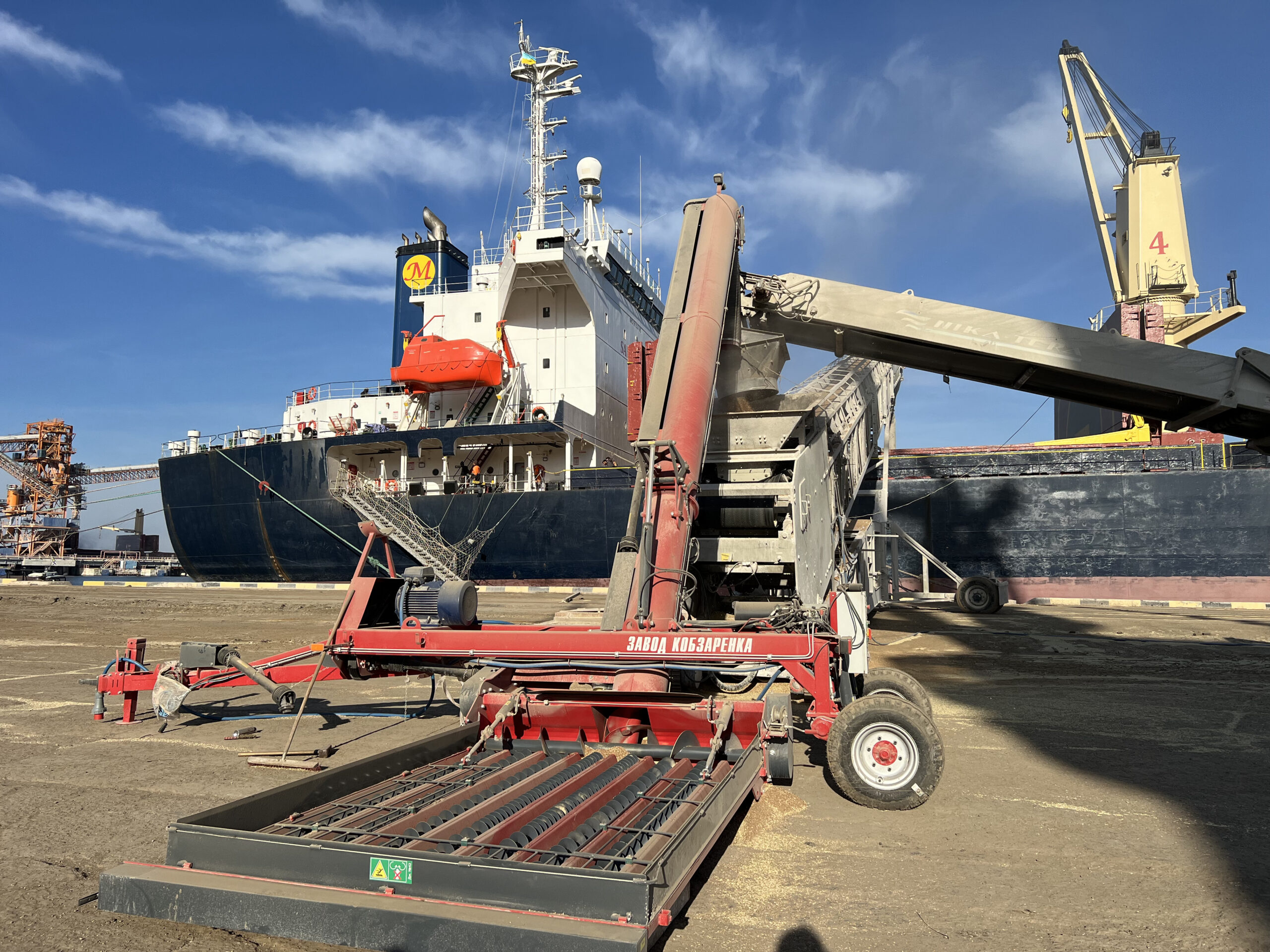
Which customers and partners have joined you during this time? How did you win their trust? What are the areas of activity of your company? What innovations do you introduce in the company’s activities?
Today, the company has 656 unique counterparties for 2024. Among them are our clients and partners. We manage to work successfully with such a large number of companies thanks to the provision of services in a «turnkey» format — from transportation, to further transshipment and ship freight. TEUS has clients both in Ukraine and in European countries. We are talking about Poland, Slovakia, Hungary, Romania, and the Baltic States. As for branch gradation, here too our work is very diverse. We work with the agricultural sector, the construction industry, trade, in general both with export and import.
This approach in practice looks as follows: first, an analysis of the client’s needs is carried out, then — selection of the optimal transport from the available fleet, then — a transportation plan is developed. The transportation itself is accompanied both logistically and legally. In addition, our company always works to optimize the cost of delivery.
Recently, your company purchased 10 hopper cars. You also plan to purchase 10 more wagons. What benefits will this new fleet bring to your logistics network?
We currently have 800 wagons at our disposal, which we rent. In the near future, it is planned to purchase 70 of our own wagons, we already have 10. Our goal is to form a fleet of 300 wagons. Such a vector of development is not accidental. Having our own wagons is an absolute advantage for customers, thanks to which it is possible to reduce costs, improve operational efficiency and the ability to offer forward contracts to our customers.
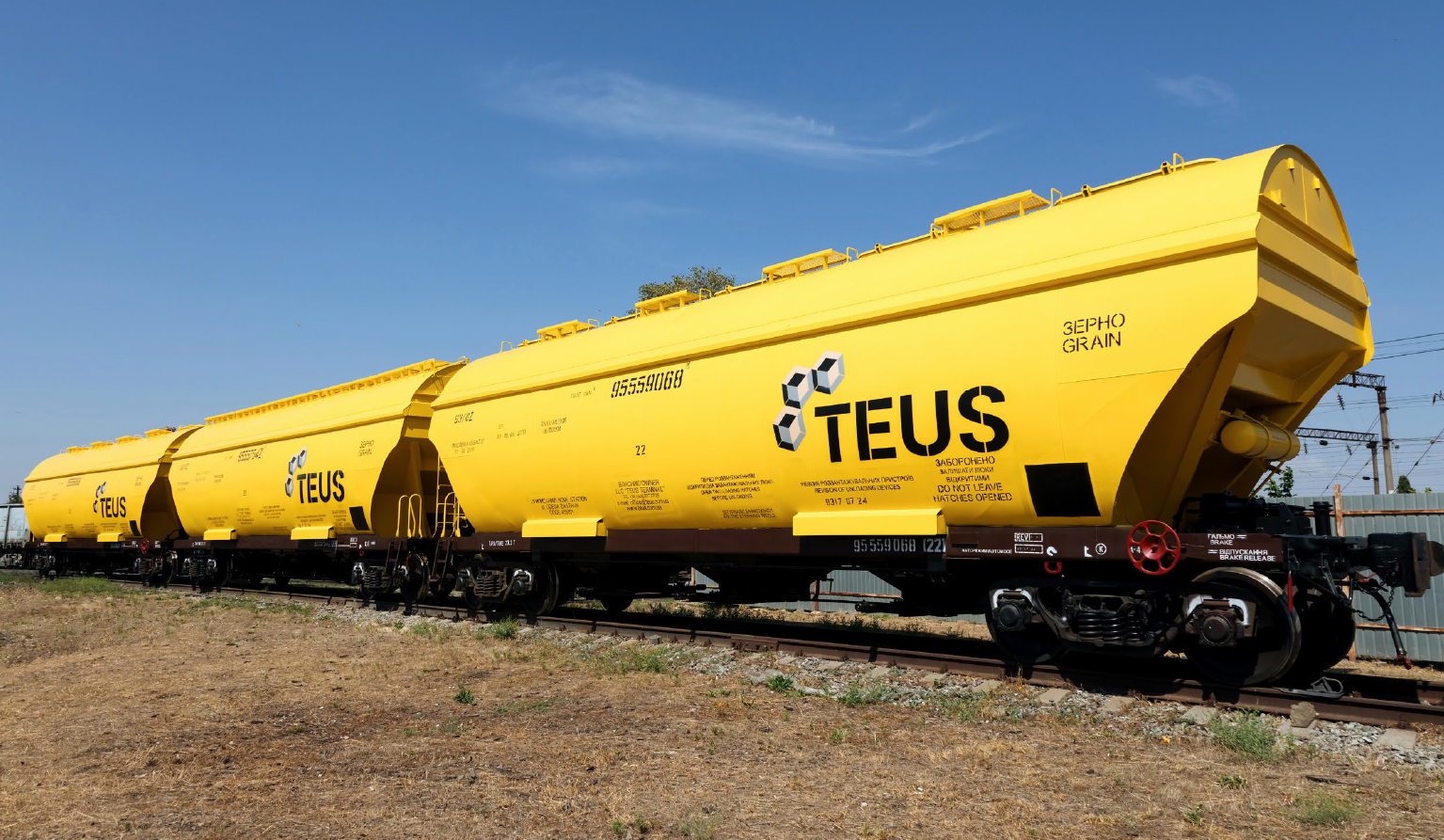
What new projects or initiatives is your company planning to support and develop Ukrainian exports?
Today, we actively work with the ports of Constanta and Vadul-Siret in Romania and Giurgiulesti in Moldova, which allows us to ensure the continuous export of Ukrainian products. These projects are critically important for supporting Ukrainian exports, especially when there is a risk of unstable operation of the ports of Greater Odessa.
Carrying out cargo transshipment in the ports of the Danube region and Greater Odessa, the company provides optimal conditions for the export of grain cargoes, oil and food crops. This also applies to mineral fertilizers. This also applies to ensuring the speed of delivery and overloading, which significantly increases the efficiency of logistics processes.
Integrated logistics is an important part of your business. How does a complex logistics operator work from the inside? What processes are most important for successful work?
A key aspect of the successful operation of an integrated logistics operator is accurate planning and coordination between different departments. Daily communication between departments allows you to coordinate transportation schedules, optimize routes and ensure timely delivery of goods.
Let’s imagine this on the example of the delivery of oil cargo from point A in Ukraine to point B in Western Europe. We offer the client several possible delivery options — for example, by rail transport with transfer to narrow-gauge European transport, or delivery of wagons by rail to the ports of Greater Odessa or the Danube and further shipping by sea to point B. The client would be offered detailed conditions with fixed prices for each of the options . If he acted alone, looking for services from their various suppliers, this could entail certain risks — for example, untimely arrival of wagons under load, occupation of transshipment by other wagons and the consequence in the form of downtime, which would increase the price of transportation. Or — a simple one at the border, waiting to connect with a European train for the transfer of oil cargo. The result is the same — simple and additional costs. Instead, the complex format of the service makes it possible to avoid this, which becomes a guarantee of the optimal transportation price for the client’s business.
Therefore, interaction and coordinated work of departments makes it possible to optimally build transportation. Our team analyzes possible risks at each stage of the logistics process and develops alternative action scenarios. This includes dealing with potential delays at borders, technical faults or weather conditions that may affect delivery.
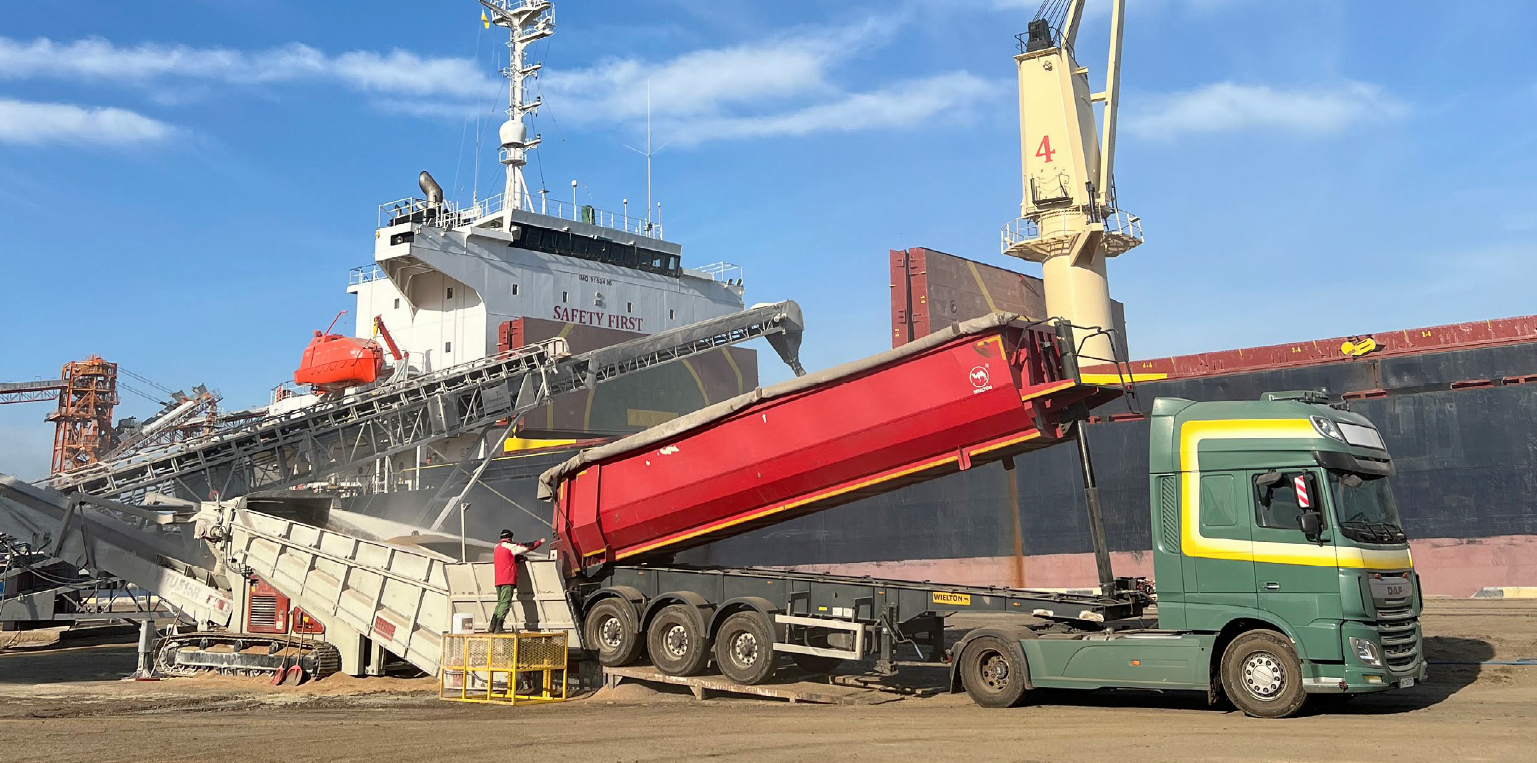
In general, what advantages and disadvantages do you see in integrated transportation compared to traditional methods?
Integrated transportation has a number of advantages for customers who seek to optimize their logistics processes. One of the main advantages is that customers receive the entire range of services under one contract. This helps to reduce the administrative burden and shorten the time for coordinating processes. In short, all stages — from transportation to transshipment and legal support — are integrated into one system, which significantly increases the efficiency of logistics management.
The next plus is risk management at various stages of transportation. This includes taking into account potential delays, fluctuating fuel prices, weather conditions and other factors that may affect delivery. Although such shipments may be more expensive due to the need to consider all these risks at the planning stage, they provide greater predictability and stability in the cost of logistics.
The fixed price for logistics services offered as part of integrated transportation is especially important for customers who work with stable prices for their goods, for example, for grain. In situations where the price for buying and selling goods is fixed, unpredictable logistics costs can negatively affect profitability. A comprehensive approach avoids these unpleasant surprises, providing customers with the confidence that all logistics costs will be taken into account and recorded in advance.
Thus, integrated transportation gives customers more control and stability in the entire logistics process, minimizing risks and ensuring transparency in price formation.

In March, the TEUS company opened a new direction — trading. What was the impetus for this decision and what successes have already been achieved? How do you see the future of this direction?
We have just started working in this direction. So now we are at the beginning of the journey. At the same time, we already have successful sales, which confirms the correctness of such a strategic decision. We aim to increase our capacity to such a level that we can partially provide our own company with regular internal customers. This will allow us to steadily strengthen our logistics capacity and increase the efficiency of operations, creating a reliable base for further growth and development.
What strategies do you recommend to Ukrainian traders for successful functioning on the world market?
I strongly believe that the right strategy involves several important aspects at once. The first of them is the diversification of sales markets in order to expand the presence on international markets. This allows you to reduce risks and not depend on one or two buyers. The second emphasis is to focus on the quality of products, because competition on the market is very high, so you need clear advantages in your own work in order to maintain your position. The third emphasis is innovation and complex solutions. When logistics processes are integrated into one system, it makes it possible to avoid unpredictable costs, provide customers with fixed prices and thereby guarantee the stability of cooperation. And from this follows the next emphasis — long-term partnership relations with clients. Ultimately, they are the key to stability in work and motivation to maintain a high standard of quality and develop.

